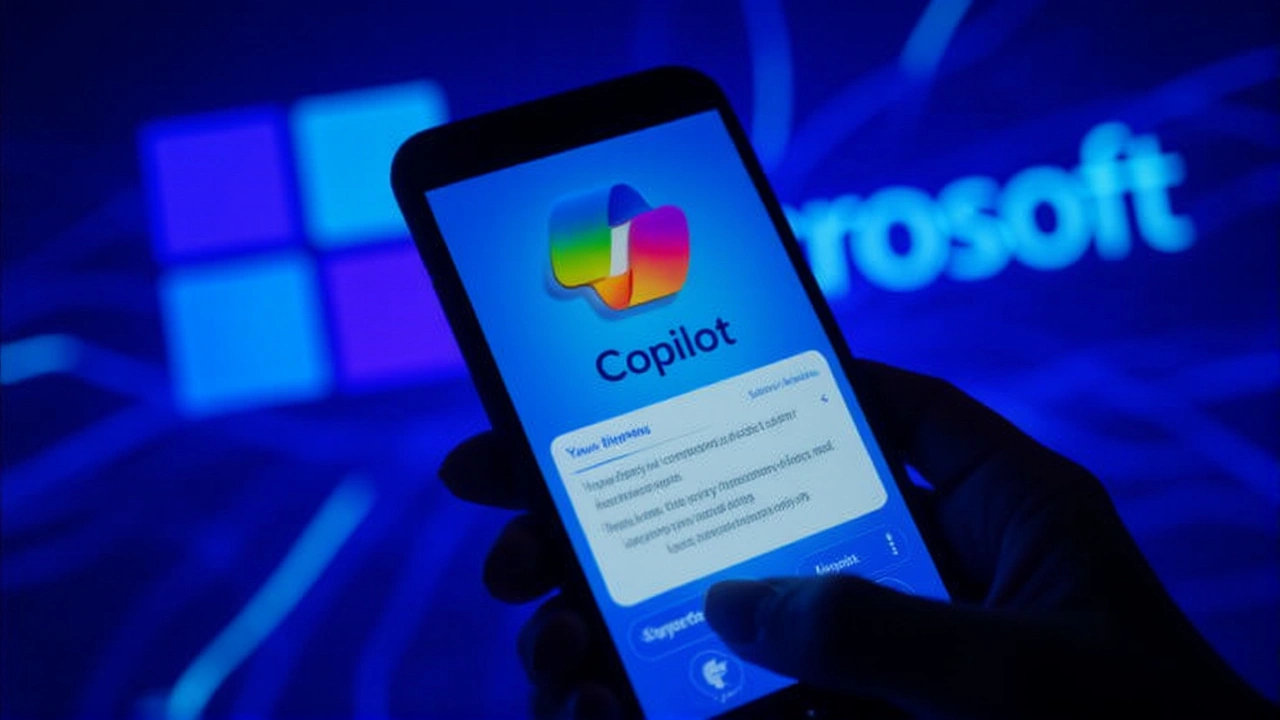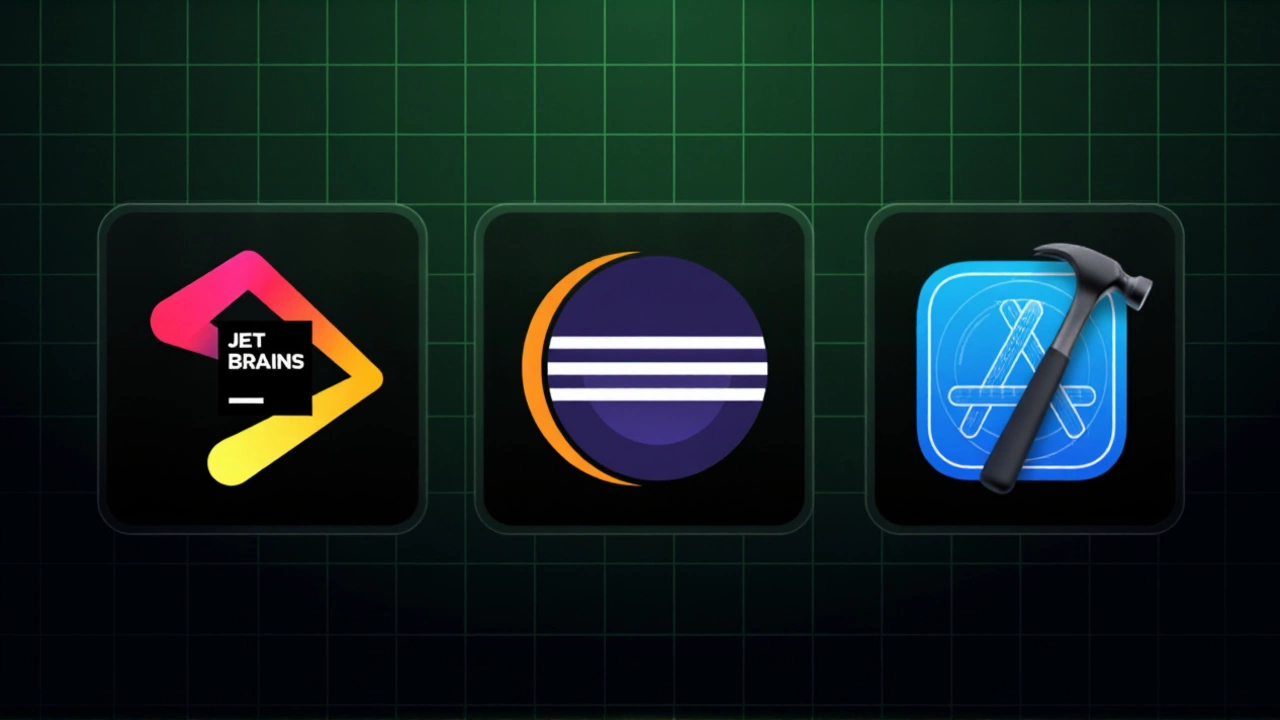On November 18, 2025, at the Microsoft Ignite 2025 Seattle conference, Microsoft Corporation unveiled Microsoft 365 Copilot Business — a tailored AI assistant for small and midsize businesses (SMBs) with fewer than 300 users. Priced at $21 per user monthly with an annual commitment, it rolls out globally on December 1, 2025. This isn’t just a cheaper version of the enterprise tool. It’s a full-featured AI co-pilot built from the ground up for teams that can’t afford IT departments but still need to compete with giants.
Why SMBs Are the New Frontier
For years, Microsoft’s AI tools were locked behind enterprise pricing tiers. The Microsoft 365 Copilot suite, now used by over 90% of Fortune 500 companies, delivered email summarization, meeting transcription, and data analysis — but only to organizations with thousands of seats. SMBs? They got the basic Office apps and hoped for the best. Now, Microsoft is flipping the script. The twist? SMBs don’t need to be big to benefit from AI. They need to be smart.
One owner of a 45-person marketing agency in Portland told me: "We spend three hours a week just writing client summaries. Three hours. That’s a whole day a month lost to busywork." That’s exactly the problem Microsoft 365 Copilot Business solves. It auto-summarizes Outlook threads, drafts proposals in Word, pulls insights from Excel spreadsheets, and even turns meeting chatter into structured action items — all while staying inside the company’s data boundaries.
What’s Actually Inside the Box
Don’t let the low price fool you. This isn’t a stripped-down tool. It includes:
- AI-powered chat connected to emails, documents, chats, and meetings via Microsoft Graph connectors
- 100+ integrations with line-of-business apps like Dynamics 365 and Power Platform
- Custom agents trained on company-specific data — no coding needed
- AI-generated images, posters, and videos using brand templates
- Full voice control: Say "Hey, Copilot" to get answers on desktop or mobile
- Teams Mode: Turns one-on-one chats into group discussions
- Facilitator agent: Runs meetings, tracks decisions, assigns tasks
And here’s the quiet win: Microsoft didn’t cut corners on security. All data is encrypted at rest and in transit. It’s isolated per tenant. And critically — it’s not used to train foundation models. That’s huge for SMBs worried about GDPR compliance or accidentally leaking client data.
Security, Governance, and the Silent Upgrade
What surprised even seasoned IT admins was the inclusion of SharePoint Advanced Management (SAM) — a feature previously reserved for large enterprises. Now, a five-person accounting firm can use natural language like "Show me all files shared externally last month" or "Block this folder from being downloaded" without navigating 12 menus. Context-aware guardrails prevent accidental deletions. Review dashboards consolidate permissions. It’s like giving SMBs the governance toolkit of a Fortune 500 company — but with the simplicity of a smartphone app.
Microsoft also quietly rolled out Model Context Protocol (MCP) servers in preview, letting agents pull live data from ERP systems, CRM tools, and custom Power Apps. Imagine asking Copilot: "What’s our cash flow projection for Q1?" — and it pulls real-time figures from Dynamics 365 Finance. That’s not sci-fi anymore. It’s December 2025.

Voice, Choice, and the AI Arms Race
On the same day, Microsoft made voice interactions with Copilot generally available — a feature many competitors still treat as a beta experiment. You can interrupt it mid-response, switch from voice to text, and ask follow-ups naturally. It works in Word, Excel, PowerPoint, and soon Outlook. The underlying intelligence? Microsoft’s Work IQ layer, which understands not just what you ask, but who you are, what you do, and what your company cares about.
And here’s the wildcard: Microsoft now offers a choice of models. Alongside its own GPT-5, Copilot Business can tap into Anthropic’s Claude models — letting users pick the right AI for the job. Need creativity? Use Sora 2. Need precision? Go with Claude. This isn’t just a product update. It’s a philosophical shift: AI shouldn’t be one-size-fits-all.
What This Means for the Market
Microsoft shipped over 400 new features in the past year. That’s not luck. It’s strategy. By bringing enterprise-grade AI to SMBs at a fraction of the cost, they’re not just selling software — they’re locking in the next generation of customers. Think about it: A 12-person design studio that starts with Microsoft 365 Copilot Business today will likely scale to full enterprise licenses in five years. That’s a 10-year customer relationship built on trust, not price.
Meanwhile, competitors like Google Workspace and Salesforce Einstein are scrambling. Google’s AI tools are scattered across apps. Salesforce’s AI is great for sales teams but useless for HR or operations. Microsoft? It’s the only one offering a unified, secure, and deeply integrated experience across email, docs, meetings, data, and even video creation — all under one subscription.

What’s Next?
By March 2026, Microsoft plans to roll out Copilot Business to government and education sectors. The analytics MCP server for Power Platform will go live in December 2025, letting SMBs build custom AI workflows without developers. And if history holds, we’ll see a wave of third-party apps built on Copilot Studio — think a "LinkedIn Lead Gen Agent" or a "Restaurant Inventory Optimizer" — all powered by Microsoft’s framework.
The real winner? SMB owners who finally get to focus on customers — not copy-pasting emails.
Frequently Asked Questions
How does Microsoft 365 Copilot Business compare to free AI tools like ChatGPT?
Unlike free AI tools, Microsoft 365 Copilot Business connects directly to your company’s emails, files, and apps — not the open web. It doesn’t store or train on your data, and it enforces enterprise-grade security and compliance like GDPR. Free tools might help you write a blog post; this helps you close a client deal without leaving Outlook.
Can small teams really afford $21 per user monthly?
Yes — and here’s why: A team of 10 saves roughly 15 hours a week on administrative tasks. That’s equivalent to hiring a part-time assistant for $2,400 a month. At $210/month for the tool, you’re saving over $2,000 monthly. Plus, it reduces errors, speeds up responses, and improves client satisfaction — all things that directly impact revenue.
Is data safe with Microsoft 365 Copilot Business?
Absolutely. Data is encrypted, tenant-isolated, and never used to train public AI models. Microsoft’s Security Trust Boundary and Enterprise Data Protection ensure compliance with GDPR, HIPAA, and other standards. Even if your server is breached, Copilot can’t access data outside your organization’s boundaries.
What if my business uses non-Microsoft software?
Copilot Business supports 100+ connectors, including Salesforce, QuickBooks, Shopify, and custom Power Apps. Through the Model Context Protocol (MCP) servers, it can pull live data from ERP, CRM, and inventory systems — even if they’re not built by Microsoft. You don’t need to switch platforms to benefit.
How does voice control work in practice?
Say "Hey, Copilot" or click the voice icon in Word, Excel, or Teams. You can ask for summaries, check schedules, or request data trends — and interrupt it anytime. It works on mobile and desktop. One user in Chicago used it while driving to a client meeting: "Hey, Copilot, what did we agree to in last week’s call?" — and got a perfect recap before walking in the door.
Will this replace human jobs?
Not replace — elevate. Microsoft’s own data shows teams using Copilot Business spend 40% less time on repetitive tasks and 30% more time on client-facing work. It’s not about automation; it’s about augmentation. The accountant now focuses on strategy, not data entry. The marketer drafts campaigns, not emails. Human skills become more valuable, not less.
